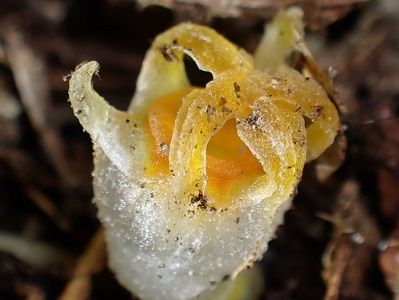For the first time in 30 years, scientists rediscovered a plant species that was originally thought to be extinct.
As explained in LaboratoryEquipment.com, the genus of Thismia is commonly known as fairy lanterns because of its unique appearance, elusiveness, and ability to sustain itself without photosynthesis. The species of Thismia kobensis that was originally discovered in Kobe City, Japan, in 1992 was presumed extinct following the destruction of its habitat by an industrial complex.
However, Kenji Suetsugu and his colleagues published their research in Phytotaxa revealing that Thismia kobensis has been rediscovered in Sanda City, approximately 19 miles (30 kilometers) away from its original habitat. It is now the northernmost known fairy lantern species in all of Asia.

The updated description of Thismia kobensis explained that it can be distinguished from other species because of its short and wide ring as well as the short hairs on its stigma.
The rediscovered species can help scientists improve their understanding of other fairy lanterns. It was noted by Laboratory Equipment that the newly discovered location "may also offer new insights into the biogeography of the mysterious fairy lantern, Thismia americana, originally believed to be related to species in Australia and New Zealand."
Thismia americana is the only North American fairy lantern species. It was first discovered on a prairie in Chicago over 100 years ago, but it is now considered extinct.
Thismia rodwayi is found in Australia and New Zealand and was thought to be the closest relative of Thismia americana, but it is now believed that Thismia kobensis is actually the closest relative. However, the presence of the mainly tropical genus Thismia in temperate North America is still considered a mystery.
The research published also includes information on conservation measures to protect the newly rediscovered Thismia kobensis from human activities. Avoiding invasive species and planting native plants indigenous to your area can help foster a safe haven for endangered plants.
Join our free newsletter for cool news and cool tips that make it easy to help yourself while helping the planet.









